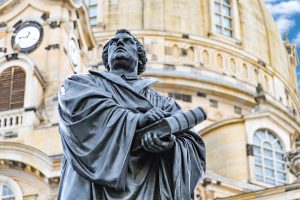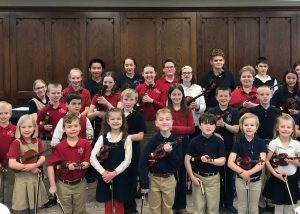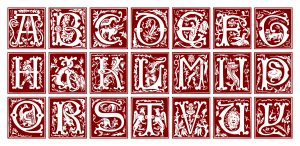
Luther on Education
A compilation of quotations from the writings of Dr. Martin Luther concerning schools, Christian education, and classical education.
A classical Lutheran education is a formative education designed to incline the student from his earliest days toward that which is true, good, and beautiful through the liberal arts and sciences, guided by the great literature, art, music, mathematics, and ideas of Western civilization, while insisting upon the centrality of Holy Scriptures and the teaching of the Confessions, as the child is granted faith through Holy Baptism, forgiveness through absolution, and remission of sins through the Lord’s Supper, so that he receives and nourishes his new life in Christ.

A compilation of quotations from the writings of Dr. Martin Luther concerning schools, Christian education, and classical education.

Twelve truths about Classical Lutheran education today and what is actually taking place in our Classical Lutheran classrooms and homes all across the country.

Classical Lutheran education can be defined as the classical liberal arts with Lutheran catechesis.

© James M. Tallmon, 2010-2016 Ahora bien, si (como hemos asumido) no hubo almas, y no hubo necesidad en absoluto de escuelas e idiomas por
Copyright © 2024 CCLE